Food Sovereignty & Regenerative Agriculture at COP 27

A growing body of evidence, including a report by the Intergovernmental Panel on Climate Change, supports Regenerate International’s claim. Regenerative agriculture practices, many of which are used by Agrarian Commons farmers, have the potential to remove carbon from the atmosphere and greatly mitigate the effects of climate change.
New Roots Builds Connections Between Local Farms and Schools
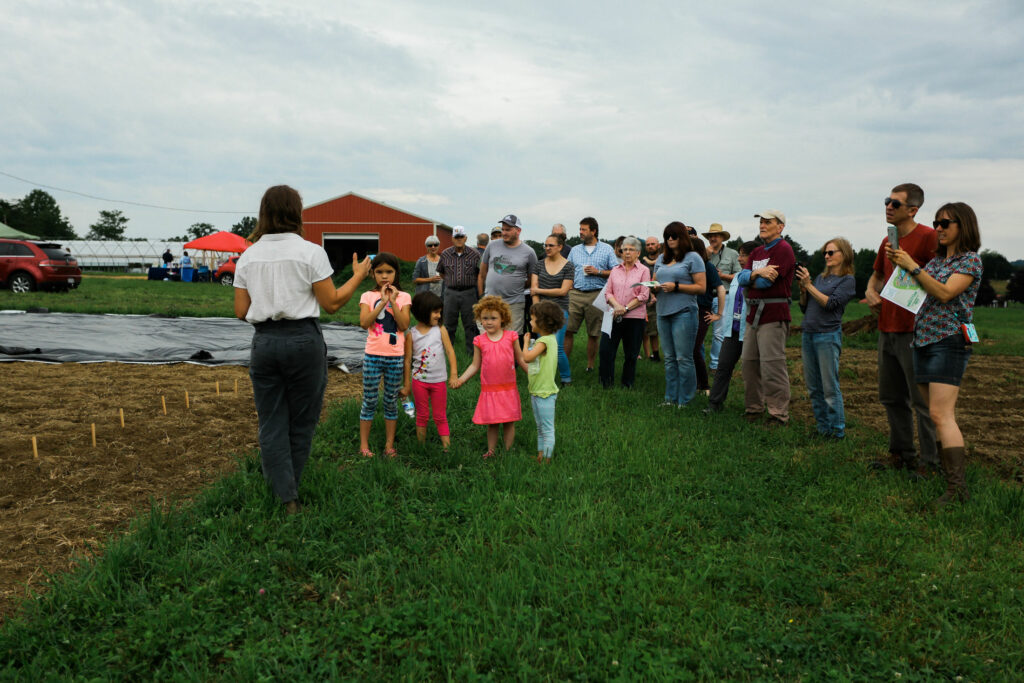
For the past year and a half, every Wednesday has been West Virginia Wednesday. On these days, the ingredients for students’ meals, including the frozen chickens, are sourced directly from local farms, providing a major source of income for farmers and access to healthy, locally grown food to students. This dual benefit is a key feature of Farm to School programming in Fayette County.
Agrarian Trust Co-sponsored the 2022 Food Week of Action
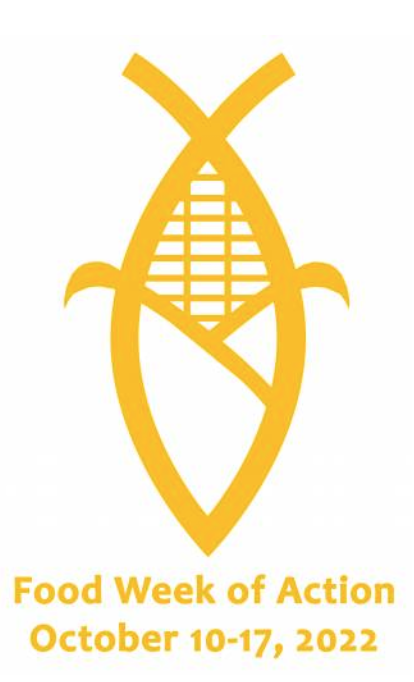
Last week, food justice organizations around the country observed the Food Week of Action, an initiative led by Presbytarian Hunger Program. This year’s Week of Action had the theme People and Planet First, and centered the work of farmers, fishers, and other agriculturalists as they fight to build food sovereignty across the globe. As part of the Week of Action, participating organizations hosted events, actions, and worship services supporting this critical effort.
Envisioning the Future of Black Seed Agroecological Farm and Village
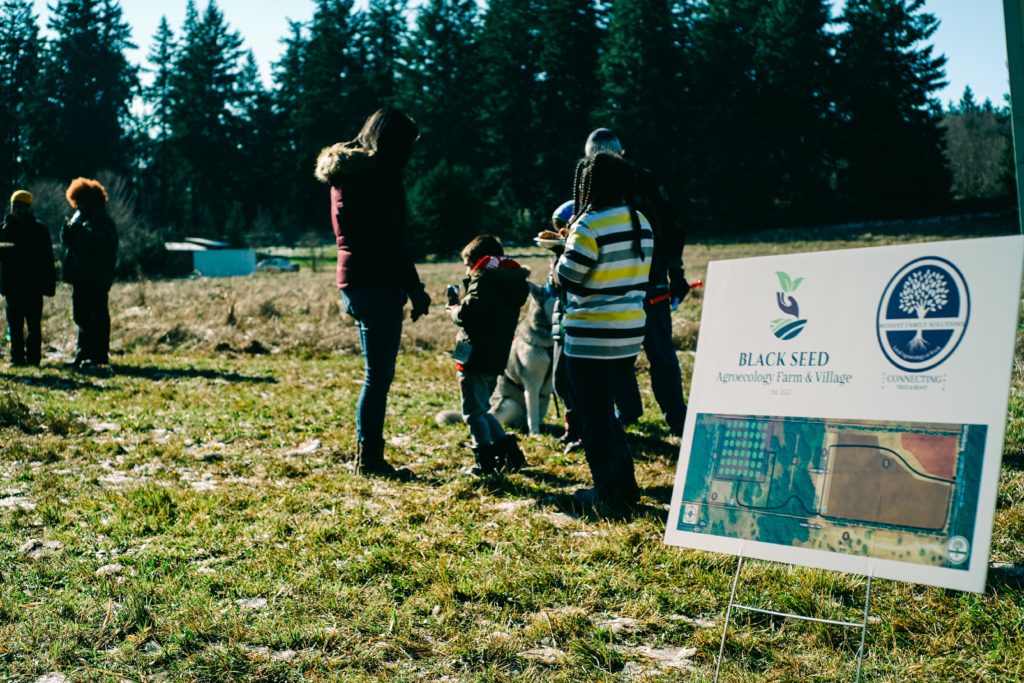
Black Seed Agroecological Village and Farm is still in the beginning stages of development. As is the case with most new farming operations, there’s a lot of work that needs to be done before the farm can begin operating at full capacity. New fields need to be cultivated, perennials planted, and new buildings constructed. Turner is currently working with the Washington State Department of Agriculture to define water rights on the farm, and to identify the source of surface water that covers part of the land.
What is Agroecology?
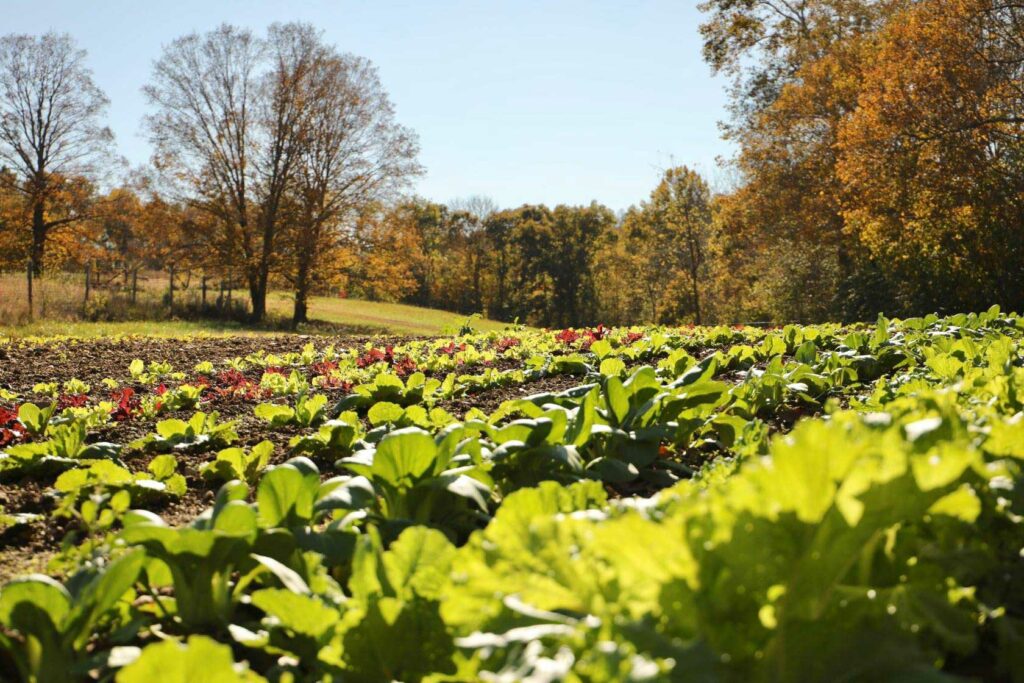
Agroecology is simply a continuation of these millennia of knowledge accumulation. Any one definition of agroecology as a practice would be incomplete. It reaches beyond a limited set of techniques or ideas, instead embracing the efficacy of agricultural techniques produced on a regionally, culturally, and ecologically specific level.
Building the Foundations for Food Sovereignty at Lick Run
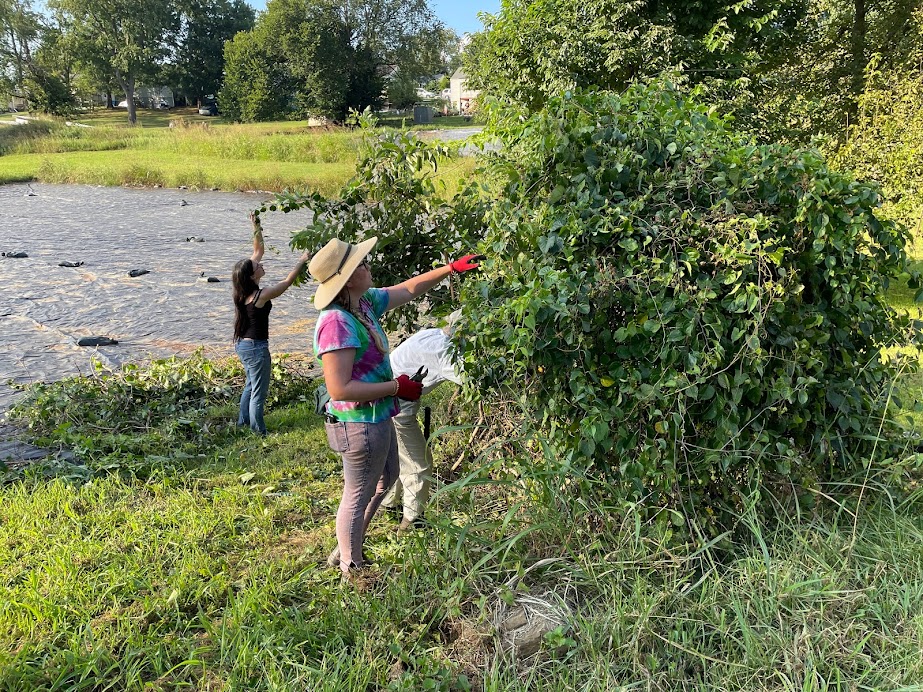
Community engagement and youth education play key roles in Terry’s vision for Lick Run Farm—even when it comes to creating a viable farm infrastructure. Building a greenhouse, Terry pointed out, can be an opportunity for teens to acquire important career skills.
“Something I learned firsthand when I first started farming was that farming is so much more than raising plants,” said Terry. “You at least have to be competent with plumbing, carpentry, maybe even a bit of electrical work.”
La Via Campesina
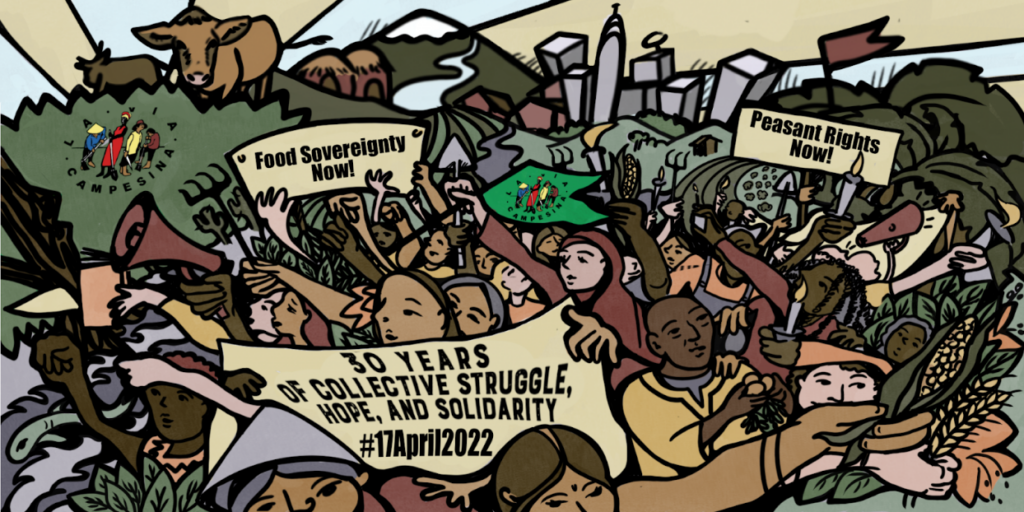
La Via Campesina coined the term food sovereignty in 1996, against the background of an increasingly globalized food system, which heavily favored large agribusinesses over small-scale farmers. The World Trade Organization (WTO) pressured countries to dismantle their local agricultural system, to lower prices, and become competitive on the global market. In order to drive labor costs down, farming became increasingly centralized, driving peasants and Indigenous people off their land at unprecedented rates. Aggressive copyright law and genetic engineering by large agribusinesses robbed peasants of their seeds, rendering them reliant on a volatile global market of pesticides and genetically modified organisms (GMOs). Cheap produce flooded local economies, destroying the livelihoods of farmers who were unable or unwilling to compete.
What can we learn from Deshee Farm? A Visual History
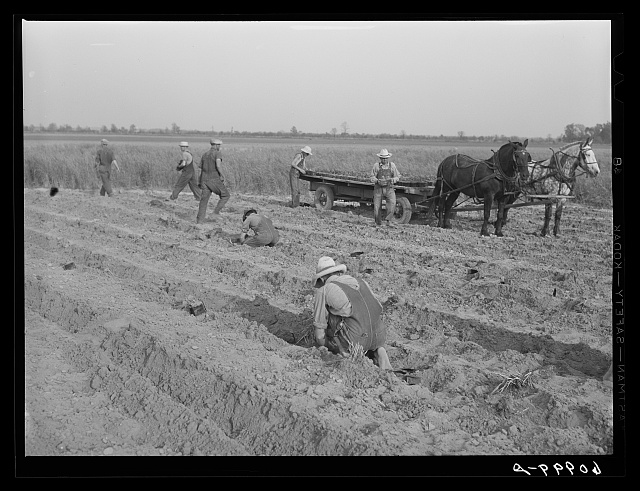
While farms like Deshee failed to take hold in the United States and had significant limitations, its story serves as a reminder that the privatized corporate farming that dominates U.S. agriculture was anything but inevitable. Grassroots organizing by tenant farmers played a key role in securing innovative, state-funded programming whose scale and vision matched the needs of the moment. Had there been more resources to fund similar efforts and more time and autonomy for the members of RA farms to develop the necessary institutions and cultural practices to effectively govern their shared resources, we might have been living in a different, more cooperatively focused world.
Fighting for Domestic and Global Food Sovereignty
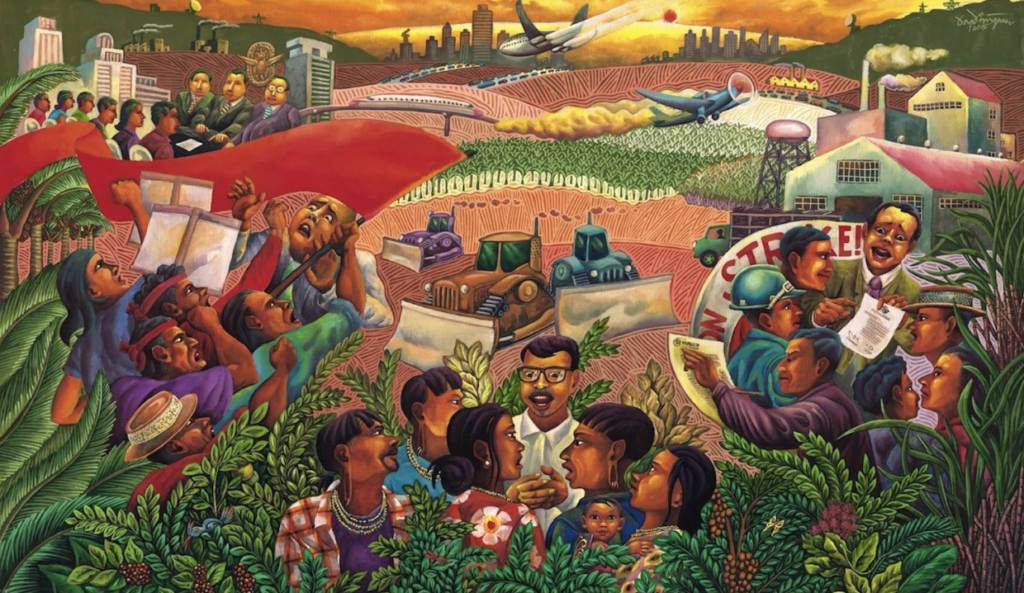
The high cost of land, racial inequity and land grabbing that underpins agriculture in the United States is part of a global trend of expropriative land practice, founded upon centuries of corporate greed and colonial violence. Agrarian Trust is an active member of a global movement that seeks to heal from these destructive forces, while charting a new path forward—beginning with Indigenous knowledge, local control of the land and agroecological growing practices. Since its founding in 2010, the United States Food Sovereignty Alliance (USFSA) has worked “to end poverty, rebuild local food economies, and assert democratic control over the food system” as a partner organization of the International Planning Committee for Food Sovereignty.
Press Release: Local Agrarian Commons Co-founders Honored with Food Sovereignty Prize
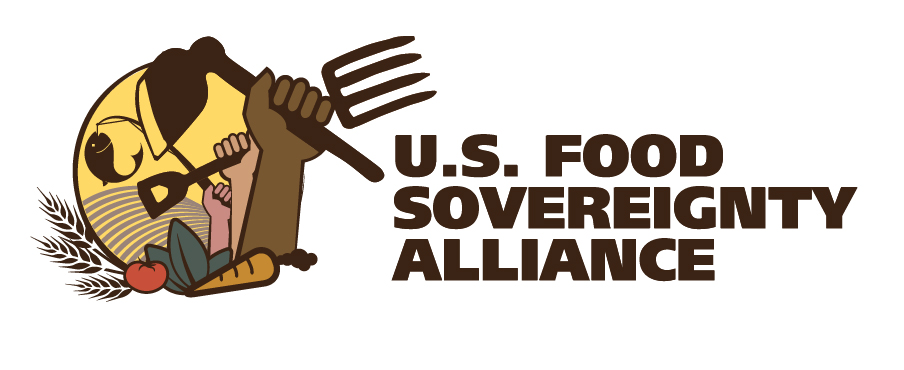
Please join us in congratulating the Somali Bantu Community Association of Maine (SBCA), co-founders of the Little Jubba Maine Agrarian Commons, on being honored by the US Food Sovereignty Alliance’s annual Food Sovereignty Prize. Read more about the prize on their blog and see the press release below. We look forward to the December ceremony […]